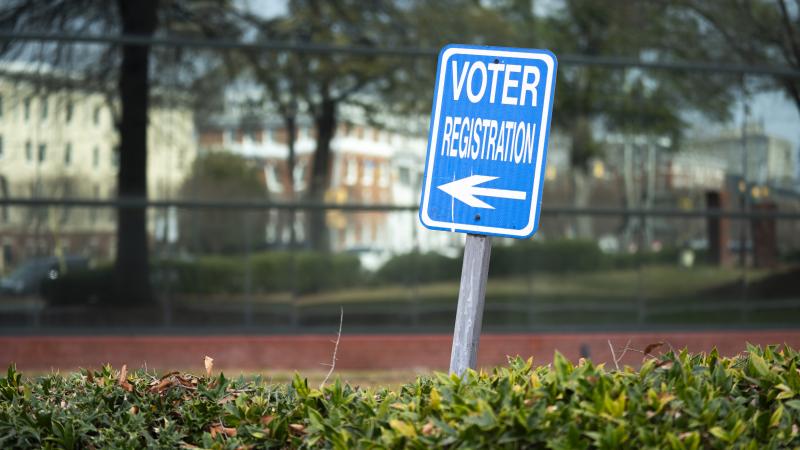Supreme Court to consider whether race-based voting districts are constitutional
The Supreme Court on Friday asked attorneys in the case to consider whether, in seeking to comply with the 1965 voting rights law, the state violated the Constitution's 14th and 15th Amendments.
The Supreme Court on Friday signaled they were considering whether race-based congressional voting districts are actually in line with the United States Constitution, ordering lawyers in Louisiana to supply new briefings on the topic in their redistricting case.
The order comes after the Supreme Court punted its decision in the case until its next term, which starts in October. The high court did not give a reasoning for deciding to push the verdict, but it is expected to hear new arguments in the case.
The case centers on whether the state's congressional map, which includes two majority-black districts, is constitutional. The Louisiana state legislature initially had just one majority-black district, but a federal court ruled it likely violated the Voting Rights Act.
Challengers of the new map argue that the changes constitute racial gerrymandering, which is illegal, but the designers of the map argue that race was not the primary motivator behind the changes.
The Supreme Court on Friday asked attorneys in the case to consider whether, in seeking to comply with the 1965 voting rights law, the state violated the Constitution's 14th and 15th Amendments, according to NBC News.
If the Supreme Court does rule that it violates the Constitution, it would mean states cannot cite a need to comply with the 1965 law in its redistricting cases.
The request does not mean that the Supreme Court will rule that race-based districts are unconstitutional. The court in 2023 struck down an Alabama redistricting map, citing the historic Voting Rights Act.
Misty Severi is a news reporter for Just The News. You can follow her on X for more coverage.













